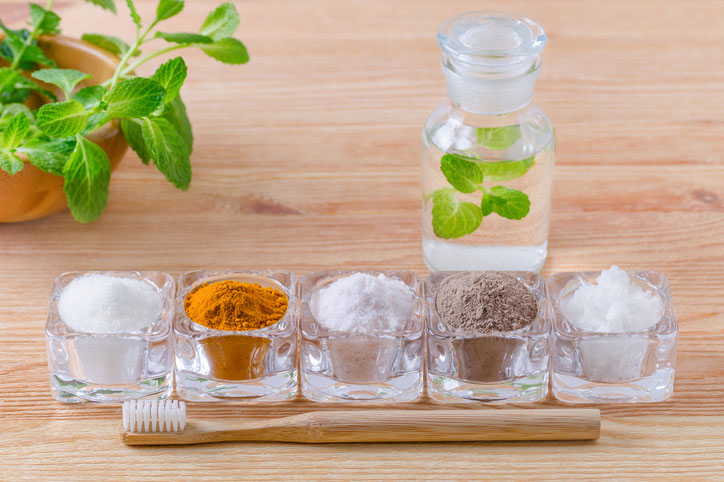Dental Crown Pain At-Home Remedies

To determine how to treat dental crown pain at home, first, you should understand the potential causes. It may not be possible for an individual to determine exactly why they are having pain but knowing the possible reasons can help with determining what pain relief methods to try. This article goes into depth as to all of the common reasons that a crown may be causing pain, but the highlights are:
- Inflammation and irritation at the site immediately after the procedure
- No root canal was done and the root has become irritated or started to decay and die
- The fit is incorrect so chewing presses down further on your tooth than it used to. This can be further aggravated if you grind your teeth at night.
Immediately after getting a crown installed, it is common for the tooth to experience sensitivity due to the procedure and the new addition of the cement on the tooth. This sensitivity may just be pain but it can also be in the form of occasional sensitivity to temperature, especially cold. To try to combat this a toothpaste made specifically for sensitive teeth should be used. If particular temperature sensitivity is noticed, then try avoiding food and beverages of that temperature extreme for a few days while the tooth gets acclimated to the crown.
General pain in the area may respond to an over the counter pain reliever, such as ibuprofen or acetaminophen. Do not take more than the recommended amount if the normal dosage does not seem to be working. This is also not a long-term fix so discontinue use after a few days to determine whether or not the pain is chronic.
“Ibuprofen and acetaminophen are the gold standard for treating pain and inflammation of all types. Ibuprofen, in particular, is very helpful in combating mild to moderate toothaches. Just remember to follow the dosing instructions explicitly and do not take more than directed.”

Many people grind their teeth at night and do not realize it. Often, the only way they figure out they are doing this is when they begin having pain in one or more teeth, or the jaw in general, along with a few other symptoms. A night guard is the easiest way to relieve the stress of grinding by introducing a thick cushioned layer between the top and bottom teeth that absorbs the force. If a crown has been installed with an incorrect bite alignment in someone who grinds their teeth but does not wear a night guard, this can quickly become a problem. Though grinding can affect multiple teeth at once it will be very noticeable when one of them changes their structure and now sticks out. If it is more than a few days after the crown installation and pain or sensitivity begins or increases, it may be because you are grinding your teeth at night. Try an over the counter night guard and see if the pain is reduced after a few days.
Sometimes, a crowned tooth has caused no problems for years and then suddenly starts being painful. When this happens then usually it is because either decay or damage has occurred. This tends to be due to a lack of proper treatment, like poor oral hygiene or putting undue stress on the crowned tooth. Though they are not made of organic material, crowns still can be cracked and get plaque build-up or allow bacteria in. If this gets to the tooth underneath the crown then it can cause even more problems that lead to more dental work. This can not necessarily be treated at home but it can be simply prevented at home by being sure to brush and floss on a regular basis and not chewing anything hard with the crowned tooth.
If you have tried these things and had no relief after a few weeks then it is time to see your dentist. They can refit the crown and check for other problems, such as root damage or loose fillings in the area. Sometimes you might actually have a problem with an adjacent tooth but the pain is manifesting in the one that has received the crown. These are things that only a professional can diagnose and treat for the long term. If you have been having pain with your dental crown, do not fear. Try some of these methods and if worse comes to worse take a trip to visit your dentist. You do not need to suffer from pain from your dental crown.
Relate Posts to Read:
Is a Cracked Tooth Worth Fixing?
Medically Fact-Checked & Written by Our Dental Editorial Team
You can read more about our editorial guidelines by clicking this link and learn more about the Emergency Dentists USA editorial team here.



